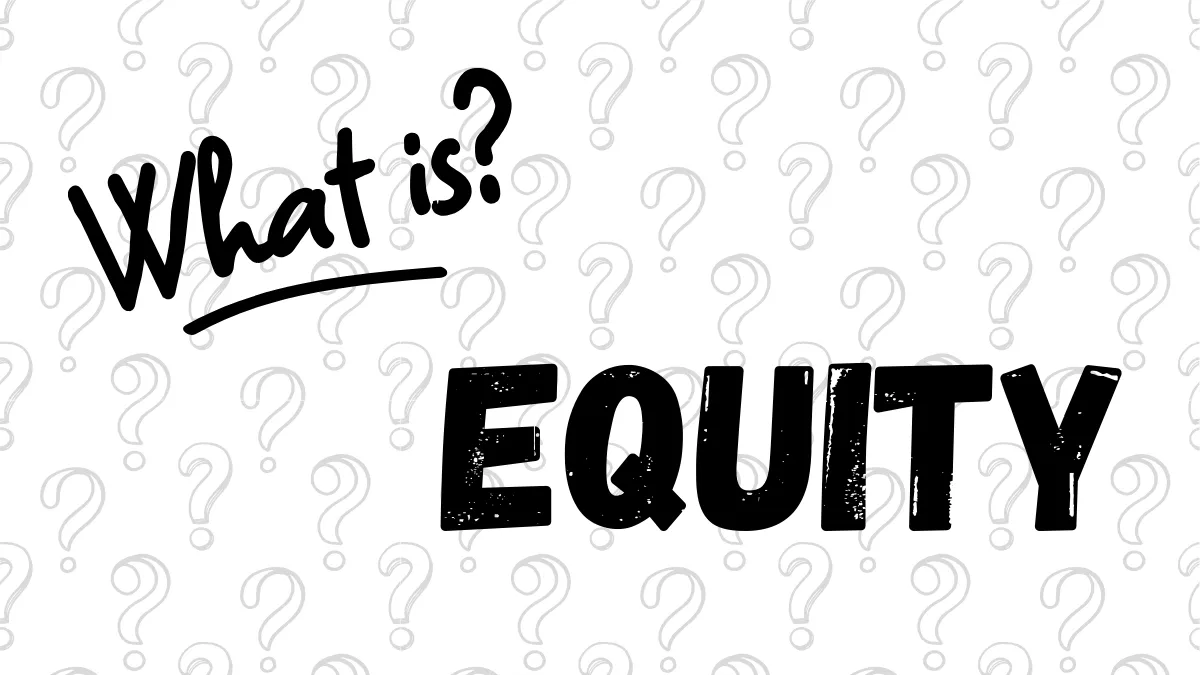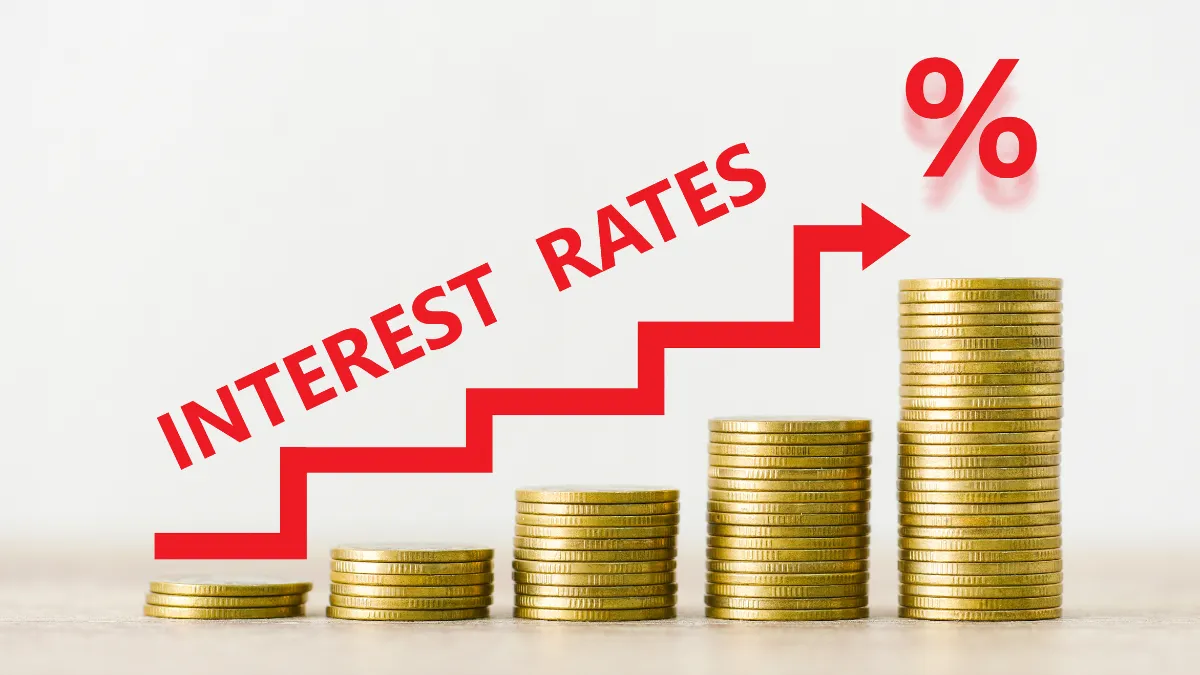What is Equity?
Equity is a key indicator in foreign exchange trading, representing the total value of funds in your account, including all realized gains and losses as well as unrealized floating gains and losses. In other words, equity is the total amount of funds you currently have, and it will fluctuate with the gains and losses of open positions.Equity Calculation Formula:
Equity is the sum of the account balance and unrealized profit and loss, with the specific calculation formula as follows:Equity = Account Balance + Floating Profit and Loss
- Account Balance: The cash funds available in your account, excluding any gains and losses from open trades.
- Floating Profit and Loss (Unrealized Profit and Loss): The current profit and loss of all open positions.
For example:
- If your account balance is $1,000 and your open positions have a floating profit of $100, then your equity is:
Equity = 1,000 + 100 = $1,100 - If you have a floating loss of $200, then your equity will change to:
Equity = 1,000 - 200 = $800
The Importance of Equity:
Equity reflects your total assets, and it fluctuates with changes in market prices, making it a dynamic indicator in foreign exchange trading. Here are several important characteristics of equity:- Determines Trading Capacity:
The higher your equity, the more funds you have available to open new positions or take on risk. If equity drops too much, you may receive a margin call notification. - Reflects Risk Status:
If your floating losses exceed a certain level, equity will drop significantly, potentially triggering a forced liquidation, which is a mechanism used by trading platforms to protect accounts from larger losses.
Example Explanation:
Assuming your account balance is $2,000 and you hold an open trade position. The current floating loss is $300, then your equity calculation is as follows:Equity = 2,000 - 300 = $1,700
This means that if you close your position immediately, the total funds in the account will be $1,700. If the floating profit and loss changes, equity will also fluctuate accordingly.
Difference Between Equity and Other Concepts:
- Equity vs. Account Balance:
The account balance is the fixed amount of funds in your account, which only changes when positions are closed, while equity continuously changes with floating gains and losses. - Equity vs. Available Margin:
Available margin is the funds you can use when opening new positions, while equity is an indicator reflecting the overall financial situation.
Summary:
Equity is the total value of your foreign exchange trading account, including the account balance and all floating gains and losses from open trades. It is a dynamic figure that directly affects your trading decisions and risk management. Understanding the changes in equity is crucial for maintaining fund safety and effectively controlling trading risks.
Hi, we are the Mr.Forex Research Team
Trading requires not just the right mindset, but also useful tools and insights. We focus on global broker reviews, trading system setups (MT4 / MT5, EA, VPS), and practical forex basics. We personally teach you to master the "operating manual" of financial markets, building a professional trading environment from scratch.
If you want to move from theory to practice:
1. Help share this article to let more traders see the truth.
2. Read more articles related to Forex Education.
Trading requires not just the right mindset, but also useful tools and insights. We focus on global broker reviews, trading system setups (MT4 / MT5, EA, VPS), and practical forex basics. We personally teach you to master the "operating manual" of financial markets, building a professional trading environment from scratch.
If you want to move from theory to practice:
1. Help share this article to let more traders see the truth.
2. Read more articles related to Forex Education.





